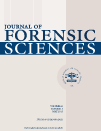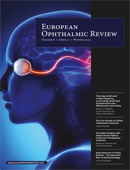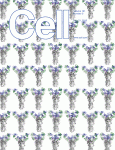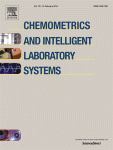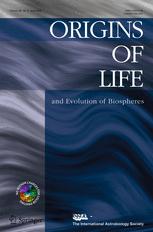 A trio of researchers based in Russia is asking to pull another set of figures and a table from a 2008 paper on modeling ATP formation after an investigation found the fourth researcher – the first author on the paper — “falsified or fabricated” the data they reflect.
A trio of researchers based in Russia is asking to pull another set of figures and a table from a 2008 paper on modeling ATP formation after an investigation found the fourth researcher – the first author on the paper — “falsified or fabricated” the data they reflect.
The paper, in Origins of Life and Evolution of Biospheres, is the second partial retraction from many of the same authors for the same reason. Both journals also issued erratum notices, which read quite similarly. Here’s the latest note:
Continue reading More “unsubstantiated conclusions” partially sink another origin of life paper
